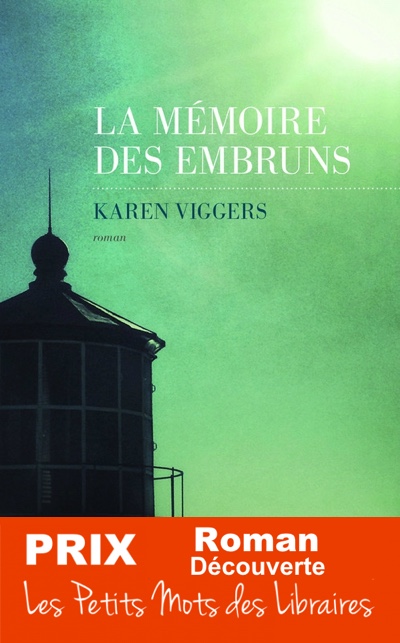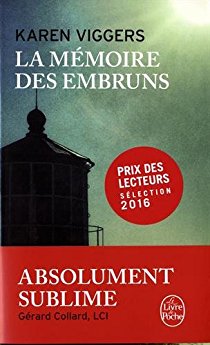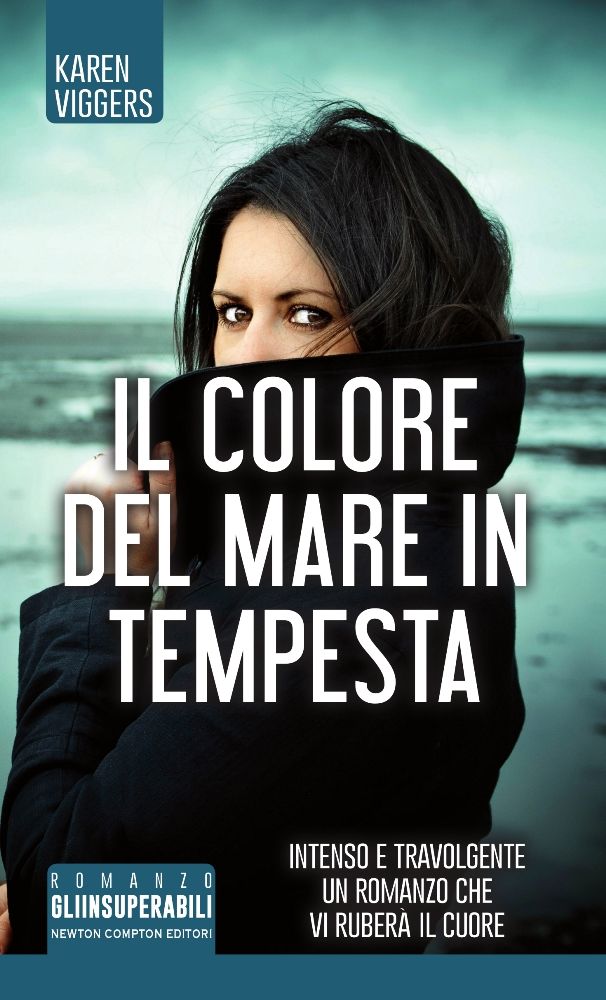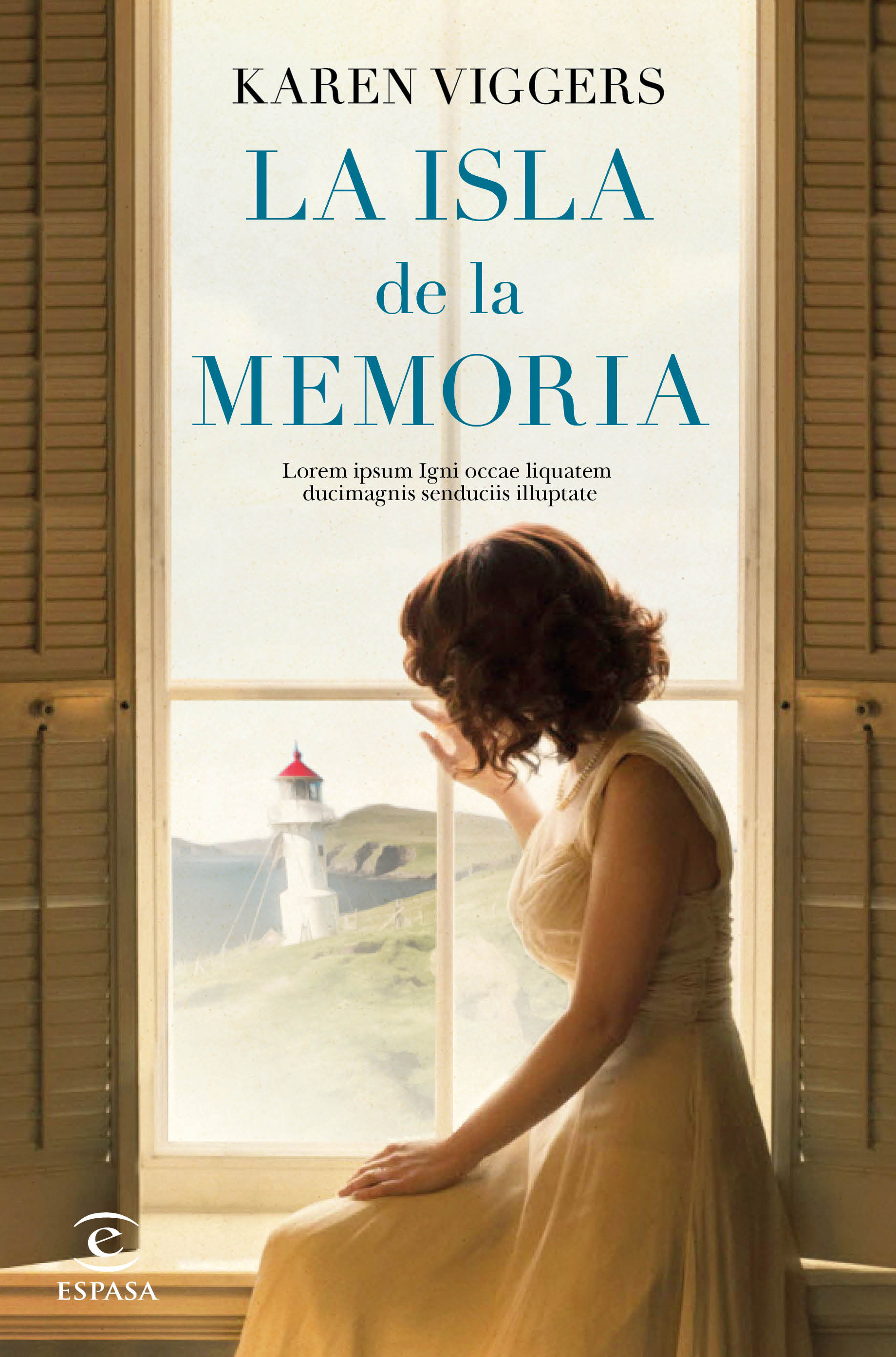Australian Edition published by Allen&Unwin
The Lightkeeper's Wife
"a small miracle" (Le Figaro-France)
more than 500,000 copies sold in France
Prix Litteraire 2016 Roman Decouverte (Les Petits Mots des Libraries)
Short-listed Readers Prize 2016 (Livre de poche)
A woman at the end of her life. A man unable to restart his. A history of guilty secrets and words unspoken. A powerful, moving novel that will steal your heart.
Elderly and in poor health, Mary has lived in Hobart for a long time. But when a letter is delivered to her house by someone she hoped never to see again, she knows she must return to Bruny Island to live our her last days with only her regrets and memories for company. Years before, her husband was the lighthouse keeper on Bruny and she raised her family on the windswept island until terrible circumstances forced them back to civilisation. Now, the secret that has haunted her for years threatens to break free and she is desperate to banish it before her time is up. But secrets have a life of their own and, as Mary relives the events of her life, she realises her power over the future may be limited.
Back in Hobart, Mary's adult children are respectively outraged, non-committal and sympathetic about her escape from their care. her youngest son Tom loves Bruny, and can understand her connection to that wild island, a place of solitude, healing and redemption for them both.
As Mary's secret threatens to tear her apart, both she and Tom must face their pasts in ways they couldn't even begin to imagine. Mary finds that the script she's written to the end of her life has taken a few twists of its own.
The Lightkeeper's Wife is a moving story of love, loss and family, and what we have to do to live the best kind of life.
Click here to see a short Abbey's Bookshop video about The Lightkeeper's Wife (La Memoire des embruns)
Click here to hear Karen talking with Alex Sloan about the success of The Lightkeeper's Wife in France
INSPIRATION FOR THE LIGHTKEEPER'S WIFE
I love wild places and I like to experience the elements. That's why I visit lighthouses - they are so remote isolated and beautiful. But what is it like to live in such places with the wind, isolation and solitude. And how difficult was life for lightkeepers and their families before technology delivered all the easy entertainment we have available to us today? My long-term interest in lighthouses and their history was part of the inspiration for this book.
In the 1990s, I twice visited Antarctica as a research scientist to study crabeater and Weddell seals for the Australian Antarctic Division. This was another wild place that moved me deeply and had a major influence on my life. After my return, I wanted to write about the vast icescapes and remote community in Antarctica, but I also wanted to talk about the difficulties of living down there. Especially, I wanted to talk about the cost on lives and relationships, and the challenges of reassimiliating with normal society when you come home.
In writing The Lightkeeper's Wife I wanted to explore the dark side of isolation and solitude. I decided to do this through the eyes of two main protagonists: Mary, the lighkeeper's wife, who has raised her family at the Cape Bruny lighthouse, and Tom, her son, whose visit to Antarctica has inflicted damage on his marriage and psyche.
Working through Mary's story became a journey into strength and resilience. It helped me understand the personal sacrifices mothers often make to secure the integrity of their family, and I came to understand her with a deep compassion.
Tom's story is a culmination of the many sad and difficult times that have wrought themslves on people I know who have visited Antarctica. He is, however, an embodiment of hope and positivity, showing that rebuilding and recovery are possible, given time. Antarctica touches lives in many wonderful and beautiful ways, but, as for Tom, it does have a cost. The result is about balancing pleasure with pain, and seeing light in the darkness.
Last, The Lightkeeper's Wife is about death and how we reconcile ourselves with unhappiness and mistakes prior to dying. It is also about how families confront the loss of a loved one. In my job as a veterinarian I deal daily with death and grieving, and this is a theme that shows up in my writing. How can we approach death with grace and love? Can we use death to reaffirm life? Can we learn to speak openly about death, given that it is a part of life? How does death affect those left behind? What can we expect of grief? How can we manage sadness and anguish? What is left when someone we love is gone?
Mary's journey to death travels along the path of her decline, her doubts and confusion, her resolution and acceptance, and, finally, her release. It also traces the worries and concerns of her family, their inability to address some issues, and their giving of love by supporting her decisions. This, I hope, gives grace by showing that, in humble ways, there can be beauty in death through love and acceptance.
DISCUSSION STARTERS
The Lightkeeper's Wife is a novel of relationships, of intimacy and distance, passion and love, connection and disconnection. How does distance insert itself into Mary's relationship with Jack.
What is the difference between passion and love, and how does this influence our choices in relationships?
Can you relate to Mary's choices and decisions?
How much were her decisions influenced by the times? And, in the end, do you think her choices were justified?
What are the strengths and successes of a long marriage?
Mary made many compromises in her marriage with Jack. How often do women make these types of choices, and who do they make them for?
Do you believe that contentedness and peace can be found in a marriage that lacks passion?
Commitment at all costs was a significant mantra of Mary's era. What were the costs and benefits of such an attitude in society?
Mary comments on the "life-death-life cycle" of love. Do you think it is possible to love again after betrayal in a relationship?
Mary's son, Tom, is deeply affected by his upbringing at the lighthouse. How do you think isolation influences a person's personality and approach to life?
Tom is attracted top Emma's confidence and magnetic personality. What makes Tom so ready to engage in a relationship again after such a long period of withdrawal?
Having been to Antarctica himself, are there ways in which Tom could have better assisted Emma in her restlessness and confusion? Or was he incapable of acting any other way?
How has Tom moved forward by the end of the book?
Animals are important companions for humans. In what ways do animals give support to people, and what is the role of Jess in this book?








